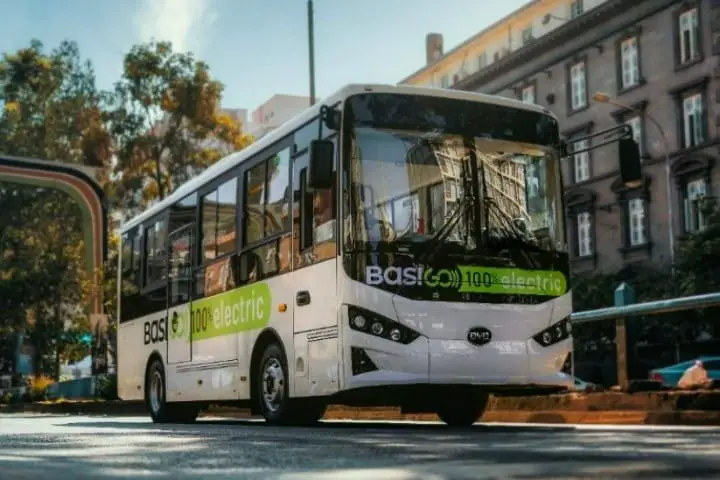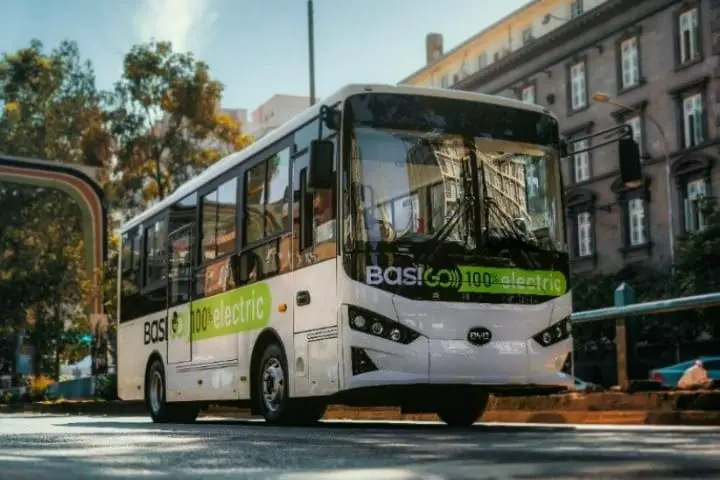Ruto Removes Taxes on First 100,000 Electric Cars Assembled in Kenya.


In a groundbreaking move to accelerate the transition to sustainable transportation, President William Ruto announced that the first 100,000 electric vehicles (EVs) to be manufactured in Kenya will be exempted from all taxes.
This policy aligns with the government's objective to phase out traditional fueled cars and promote e-mobility.
Major Incentives for Electric Vehicle Industry
During an address to Fortune 500 Companies' Chief Executive Officers in Atlanta, President Ruto highlighted the robust policies Kenya has implemented to incentivize the transition to electric mobility.
These policies are designed to attract both local and foreign investors. He emphasized that all EV motorists will receive green-colored number plates, symbolizing the nation’s commitment to gradually transitioning to electronic-powered transportation.
President Ruto revealed that his administration has proposed various tax exemptions for the electric mobility sector in the budget for the 2024/2025 Financial Year.
Read: President Ruto Champions Electric Vehicles in Historic White House Speech.
The elimination of taxes on electric vehicles and their components is expected to significantly lower car prices, making them more affordable for consumers. "We also lead in e-mobility.
You heard Ambassador Meg Whitman, who stated that we host over 30 e-mobility companies and attract regional players," Ruto remarked. "Just for you to contextualize this, in this year's budget, we will eliminate all taxes for the first 100,000 electric cars."
Specific Tax Exemptions
The tax exemptions will cover:
- A 10% import duty on completely knocked-down electric vehicles.
- A 25% import duty on lithium-ion batteries.
- A 25% import duty on EV charging infrastructure.
These measures will reduce the costs of importing essential EV parts, primarily sourced from manufacturing hubs like China and Japan, enabling local assembly at competitive prices.
Expanding the Electric Vehicle Market
Ruto’s administration aims to increase the number of registered electric vehicles in Kenya from 1.62% to 5% by 2025.
Currently, there are approximately 3,753 electric vehicles in Kenya, including private vehicles, motorcycles, and buses.
This initiative is part of a broader strategy to bolster the presence of electric vehicles on Kenyan roads.
Additional Benefits for EV Motorists
In addition to tax exemptions, EV motorists will enjoy several other benefits:
- Cheaper electricity tariffs.
- Reduced parking rates.
- Access to restricted areas.
These incentives are designed to make the ownership and operation of electric vehicles more appealing, further supporting the government’s environmental and economic goals.
Related: What are Government Policies and Incentives in Electric Vehicles.
Environmental and Economic Impact
The shift to electric vehicles is expected to have a profound impact on Kenya’s environment by reducing greenhouse gas emissions and air pollution.
Economically, the policy is poised to create jobs in the automotive sector, from manufacturing and assembly to maintenance and infrastructure development.
Conclusion
President Ruto’s announcement marks a significant step towards a sustainable future for Kenya.
By removing taxes on the first 100,000 electric cars and implementing a range of supportive policies, Kenya is positioning itself as a leader in e-mobility in Africa.
This bold initiative is expected to stimulate economic growth, create jobs, and significantly reduce the country's carbon footprint, paving the way for a greener, more prosperous future.




